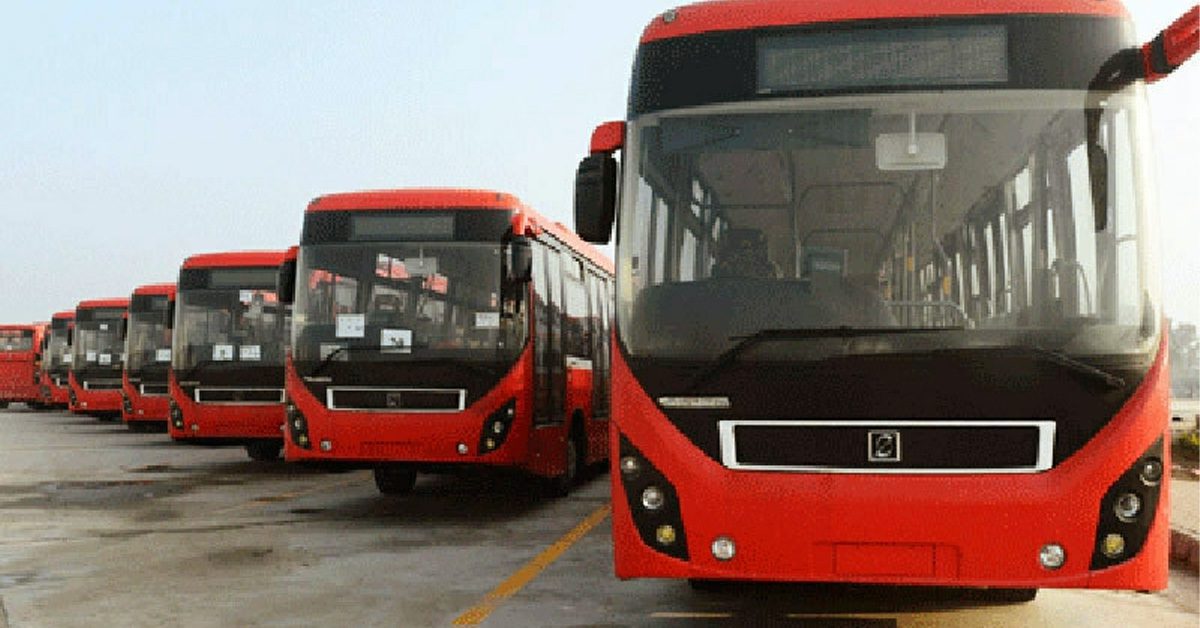Mustehkam Pakistan, an advocacy firm devoted to protecting the community’s interests, is gravely worried about the continued disruptions experienced by Karachi residents and commuters as a result of lengthy delays in the building of the Red Line Bus Rapid Transit (BRT) project. These delays have exacerbated major health, economic, and environmental issues in the city.
The construction activity has caused substantial interruptions, such as dug-up roadways, open drains, and excessive dust, posing serious challenges for both residents and commuters.
The Sindh Environmental Protection Agency (SEPA) has reported a significant worsening in Karachi’s air quality, with particulate matter (PM) levels above WHO’s permissible guidelines.
The combination of building operations and increased traffic congestion has exacerbated these problems, jeopardizing the health of millions of Karachi residents. These hazards, along with the mental stress and worry created by negotiating damaged roadways, are having a negative impact on Karachi citizens’ well-being.
Fawad Khan, spokesperson for Mustehkam Pakistan, has emphasized the urgent need for the government to expedite the completion of the Red Line BRT project, pointing out that the delays are causing serious health concerns and significant economic challenges for local businesses and Karachi residents.
It is worth noting that the Red Line BRT project began in March 2022 and is expected to take 30 months to complete. However, more than two years have gone, and the construction is still incomplete. The administration has chosen June 2026 as the new completion date.
Muhammad Arham, a commuter affected by the delays, expressed his dissatisfaction, saying, “The BRT project has turned my daily commute into a headache, significantly increasing travel times and causing mental stress.”
Mustehkam Pakistan asks all parties to prioritize the prompt completion of the Red Line BRT project to address the health risks, economic implications, and environmental consequences for Karachi residents.

